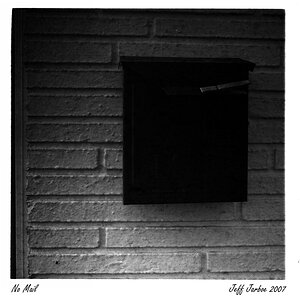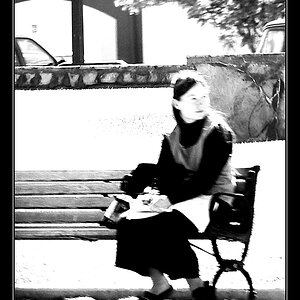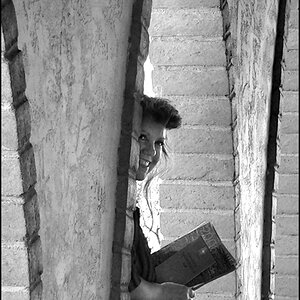Msteelio91
No longer a newbie, moving up!
- Joined
- Apr 4, 2014
- Messages
- 1,284
- Reaction score
- 435
- Location
- Washington, DC
- Can others edit my Photos
- Photos OK to edit
Curious on opinions here - with the ever-cheaper addition of higher res screens, monitors, prints, and mobile devices... At what point do older digital cameras become obsolete? In other words, at what point does the camera's MP count hinder it's ability to produce an image that can be considered acceptable on newer screens? I still use my now 7 year old D7000 which shoots at a max of 4928 x 3264. Still pretty good but once you start cropping you start to dip below the resolution of some monitors. I'm wondering if there's a formula here for figuring out at which point a camera is unable to meet the "stretch" of say a 50" 4k screen.
It's also possible I'm looking at this totally wrong but I'd like to hear what you all think
It's also possible I'm looking at this totally wrong but I'd like to hear what you all think




![[No title]](/data/xfmg/thumbnail/37/37540-73002ccb910b97978bc38658622a34d3.jpg?1619738133)

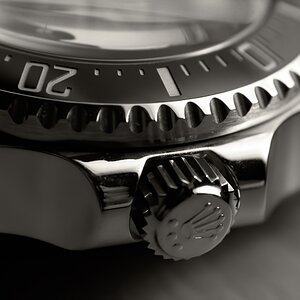
![[No title]](/data/xfmg/thumbnail/40/40311-715dda8167abb793178d6abf7e8136fe.jpg?1619739414)
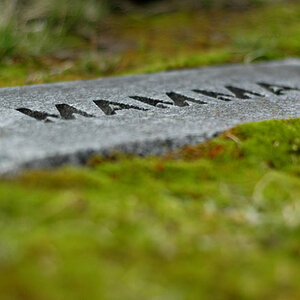

![[No title]](/data/xfmg/thumbnail/33/33031-909b1e1ff8739eef165c60b70c9a6a38.jpg?1619735845)
